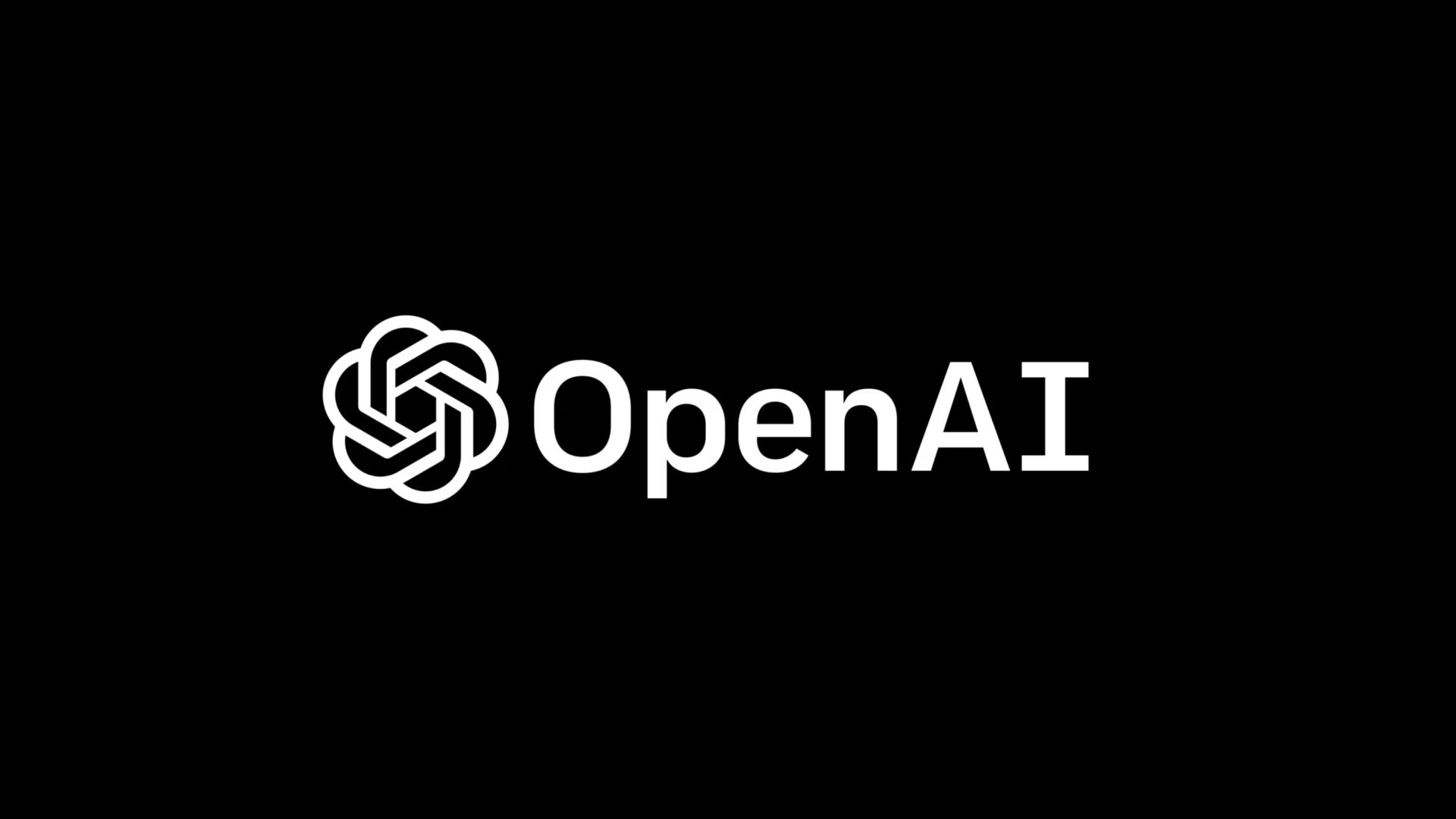OpenAI's Bold Move: Diving Headfirst into the AI Browser Arena
It seems like every other week there's a new development in the AI space, doesn't it? Just when you thought the browser wars were a thing of the past, OpenAI, the folks behind ChatGPT, are reportedly gearing up to launch their very own AI-powered web browser. This isn't just a minor update; it's a significant play that could fundamentally reshape how we interact with the internet. And frankly, it's about time someone really shook things up in this domain.
The news, initially reported by Reuters and picked up by TechCrunch on July 9, 2025, suggests that OpenAI's browser could hit the market in the coming weeks. Hot on the heels of other innovative AI browser launches like Perplexity's Comet and The Browser Company's Dia, OpenAI's entry signals a clear trend: the traditional web browsing experience is ripe for an AI-driven overhaul.
Why OpenAI Wants Its Own Browser: Beyond the Search Bar
So, why would a company primarily known for its large language models and generative AI tools venture into the crowded browser market? It's a fair question. Google Chrome, after all, holds a near-monopoly. But dig a little deeper, and OpenAI's motivations become clearer. It's not just about having another browser; it's about controlling the user experience and, crucially, gaining direct access to user data.
The Role of Operator: Your AI Co-Pilot?
One of the most intriguing aspects mentioned in the reports is the potential integration of OpenAI's "Operator" — their web-browsing AI agent — as a key feature. Imagine a browser where an AI isn't just assisting with search queries, but actively helping you navigate, summarize content, or even complete tasks across multiple websites without you having to manually open new tabs or copy-paste information. That's the kind of paradigm shift we're talking about. It could make browsing feel less like a series of clicks and more like a conversation with a highly capable assistant.
The AI Browser Landscape: A New Frontier
- Perplexity Comet: Focuses heavily on AI-powered search and summarization, aiming to give you direct answers rather than just links.
- The Browser Company's Dia: While details are still emerging, it's clear they're also pushing the boundaries of what a browser can do with AI integration.
This emerging trend suggests a collective realization within the tech industry: the traditional browser, largely unchanged for decades in its core functionality, is due for a radical transformation. It's a fascinating time, isn't it?
Can OpenAI Truly Challenge Google Chrome?
Now, for the million-dollar question: can OpenAI's browser genuinely challenge Google Chrome's colossal market share? It's an uphill battle, no doubt. Chrome is deeply entrenched, not just as a browser but as part of a broader ecosystem of Google services. Users are comfortable, and inertia is a powerful force.
However, OpenAI has a secret weapon: the immense popularity and mindshare of ChatGPT. People are already familiar with conversational AI and its capabilities. If OpenAI can translate that intuitive, powerful interaction into a seamless browsing experience, they might just carve out a significant niche. It won't be an overnight dethroning, but it could certainly shake things up, forcing Google to accelerate its own AI integration within Chrome. Competition, after all, often breeds innovation.
What This Means for Your Daily Web Experience
If OpenAI's browser delivers on its promise, we could see a significant shift in how we consume information and interact online. Imagine:
- Instant Summaries: No more sifting through long articles. Just ask the browser to summarize it for you.
- Contextual Assistance: The AI understanding your browsing habits and offering relevant information or actions proactively.
- Task Automation: Need to book a flight or compare products across sites? The AI could potentially handle much of the legwork.
Of course, there are always trade-offs. Data privacy will be a paramount concern for many users. How will OpenAI handle the vast amounts of browsing data it collects? These are questions that will need clear answers as the product rolls out. But for now, the prospect of a truly intelligent browsing experience is genuinely exciting. We'll be watching closely to see what they unveil in the coming weeks.
